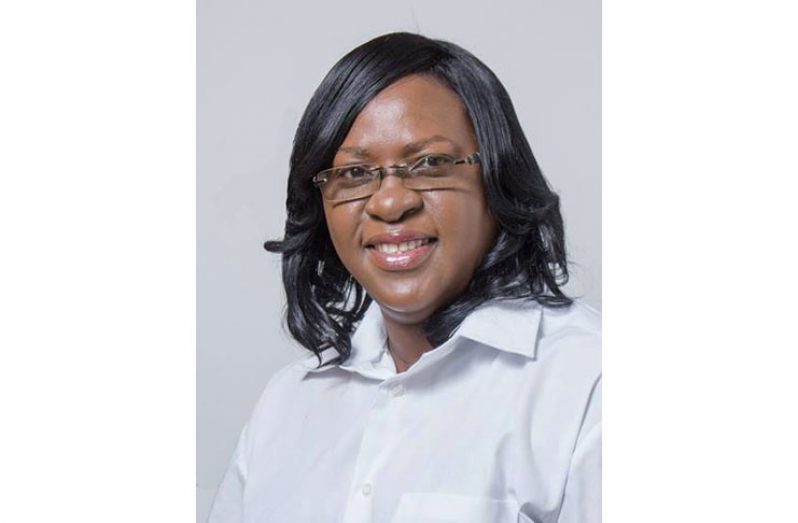– Foreign Minister says heads of government meeting was ‘productive’
GUYANA has updated the Caribbean Community (CARICOM) on the ongoing border controversy with Venezuela.
Minister of Foreign Affairs, Dr. Karen Cummings, who represented Guyana at the 40th meeting of the Heads of Government of CARICOM, said the Venezuela border issue was raised.
“We let them know that the case is before the ICJ and they (CARICOM) were happy to know we are following a judicial process,” said Dr. Cummings, adding that the community hopes that the issue would come to a definite end.
In an effort to bring an end to the age old border controversy, on January 30, 2018 the United Nations (UN) Secretary-General António Guterres, in keeping with the 1966 Geneva Agreement, announced that the International Court of Justice (ICJ) would be the means to be used for the solution of the controversy. On March 29, 2018, then Foreign Affairs Minister, Carl Greenidge filed Guyana’s application with the ICJ.
Venezuela’s most recent action — the refusal to file a Counter-Memorial (CM) on the court’s jurisdiction by April 18, in defiance of the International Court of Justice (ICJ), — was the latest in a series of counterproductive moves by the western neighbour.
The ICJ had requested the CM after Guyana submitted arguments in November of last year, contending that the ICJ has jurisdiction to hear and rule on the validity of the 1899 Arbitral Award that fixed the boundary between Guyana and Venezuela. The ICJ requested the CM, so that the court could hear both sides, but Venezuela refused to tell its side.
The recent refusal by Venezuela to submit the CM to the ICJ had prompted Guyana to request that the ICJ go ahead with the case. The court should now rule on whether it has jurisdiction, and, if it does, it should hear and determine the substantive issue of Venezuela’s claim to our land.
Dr. Cummings said Guyana remains optimistic about the issue, adding that Guatemala and Belize are experiencing similar difficulties. Belize recently had a referendum and they too have carried their case to the ICJ.
“At the CARICOM level we wish there is something that will come out and there will be happiness on both sides as we look forward to peaceful settlement of borders and territorial issues,” said the minister.
In addition to the border controversy, Dr. Cummings said CARICOM noted the situation in Venezuela, but maintained its stance of non-interference and non-intervention.
The situation in Venezuela has led to persons fleeing the country and seeking refuge, particularly in the Caribbean.
“We hope that the situation will come to stabilisation so that persons can go to their homeland and enjoy the good life,” said Minister Cummings.
As the discussions continued, CARICOM made a commitment to monitor the situation in Venezuela.
In addition to those discussions, Minister Cummings said CARICOM member states had other “productive engagements” during the meeting.
According to the minister, the issue of security was discussed, since the Small Island Developing States are disaster prone.
CARICOM, in that light, has been trying to gather funds from different states to ensure that the Caribbean Disaster Emergency Management Agency (CDEMA) can respond to hurricanes.
“The onus is on each Caribbean state to ensure that they play their part of dues so that we can have this smooth running and facilitating the process of these events when disaster would have struck,” said Dr. Cummings.
The minister said there were many other discussions about blacklisting and diaspora engagement, among other things.
Diaspora engagement was discussed in the context of improving the implementation of the CARICOM Single Market and Economy (CSME).
“We see things through our lens but we want a different perspective…we want to see through their lens how they view CSME,” said Minister Cummings.
She believes that it is time to take CSME to another level and move from rhetoric to action and from intent to implementation.
With all the ideas and plans in place, the minister said much more needs to be done as it relates to regional integration, environmental protection and preservation and trade.





.jpg)








